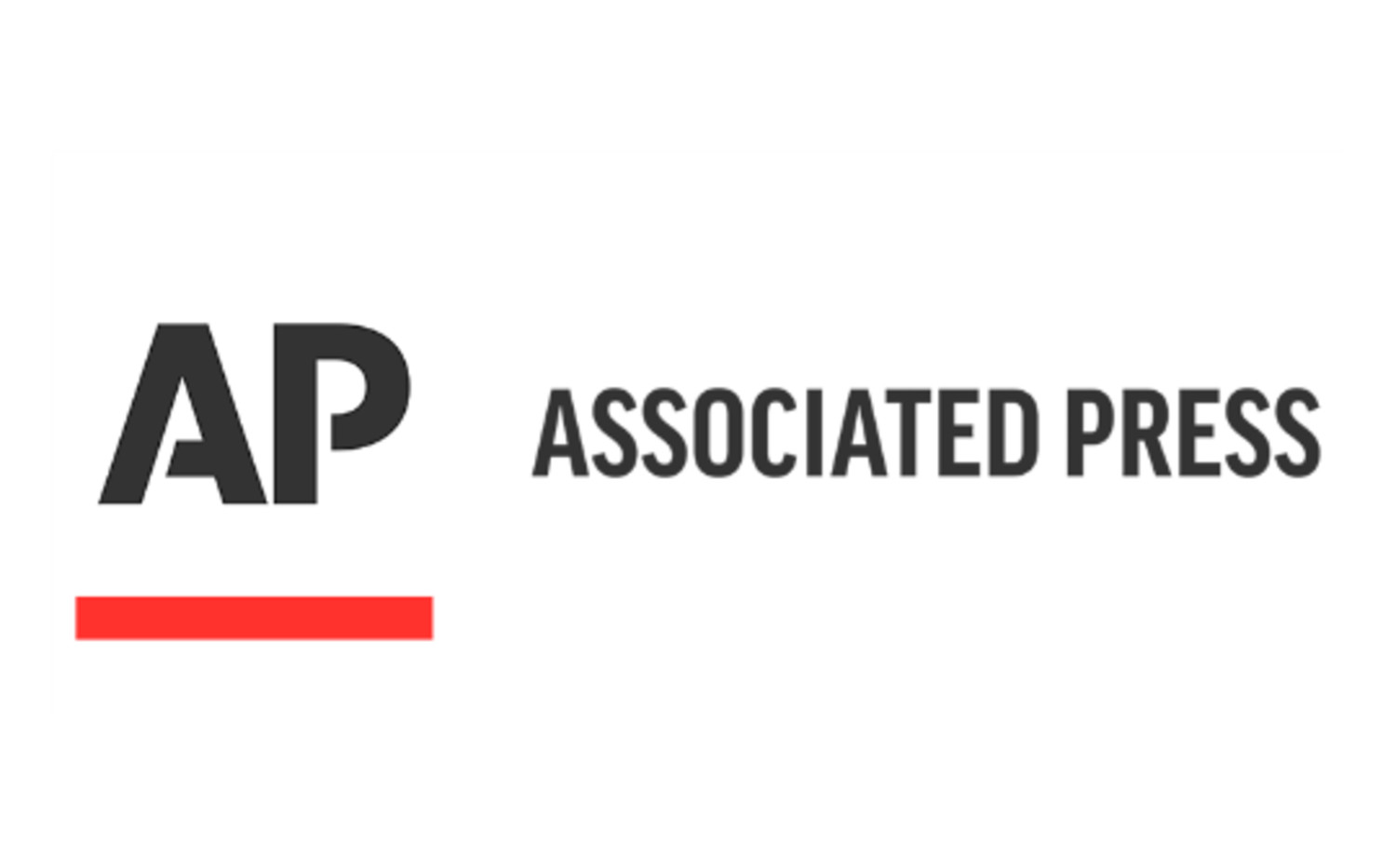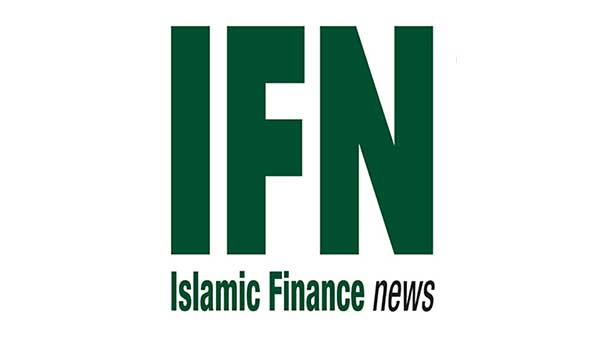Benefits of Halal Investing
Halal investing refers to investing in the types of financial products that are permitted in Islam. For a financial product to be considered halal it should avoid Riba, Gharar, Maisir and societal harm.
Muslims around the world try their best to commit to halal investing and only using halal financial products. This has given rise to the Islamic financial economy that is worth over $3 Trillion in asset value as of 2021. The value of Islamic financial assets has been growing at a rate of 10-12% annually. This sustained growth has come as a result of both a strong increase in consumer demand and an equally strong push from governmental institutions, due to the benefits that halal investing brings.
The benefits of halal investing extend much more than just being faith friendly, halal investing is less risky, socially responsible has been shown to perform well.
Less Risky:
Halal investments are not supposed to use riba. In regards to the stock market, this means that halal companies do not profit from giving conventional loans and do not use conventional loans to finance their operations. While such candidates would be ideal, most Islamic scholars have agreed to consider a company to be halal if less than 5% of its revenue comes from haram sources, and that it holds a debt value less than 33% of its total equity value (market cap).
Debt can be seen as a riskier source of capital for companies trying to raise money as it is not a permanent source of capital. This means companies will have to pay back the amount of debt they raised in addition to interest payments (riba). Such non-halal loans usually also involve high collateral requirements. Collateral is generally understood as an asset that a borrower will have to offer to the lender as a security to the lender if they are no longer able to pay the loan and interest. Islam forbids the use of excessive collateral on halal loans.
Halal companies therefore have no/less haram debt on their balance sheet and are not at risk of losing significant assets due to low collateral obligations. This means that halal businesses are generally relatively less risky than non halal companies. For example, were a halal company suffer from a loss in revenue due to an unexpected event, such as a Covid-19, it would not have as many fixed interest payments to make. The halal company would also have less risk losing its core assets given that it has less collateral obligations than a non-halal business.
An example of this can be seen in the 2008 financial crisis. Halal banks fared better than conventional banks given their lower risk profile.
Ethically oriented:
A significant benefit to halal investing is that it takes into account its societal impacts. Islam’s main objective is to provide its followers, muslims, with a guidance on how to live their lives in a happy and productive way. As such Islam has reflected this in halal finance by prohibiting investments in industries that it considers harmful to society. For example, halal investments can not involve investing in alcohol, cigarettes, narcotics, among other industries. Islam also prevents investing in businesses that are exploitative e.g. businesses using child labor or deforestation. By banning non-ethical investments, halal investing is preventing muslims from contributing to industries/businesses that harm them in the long term.
The ethical aspect of halal finance has gained it attention from many non-muslims. This can be seen in places like London where many Islamic banks clients’ are actually non muslims. This is because halal investments are essentially a more stringent ESG investment.
Challenges
While halal investing does have its advantages, muslims experience great difficulty finding halal investments. This is because most stocks and companies are in fact not sharia compliant (halal). This is compounded by the fact that finding out whether a company is halal or not requires information that is not always easily accessible. Muslims have therefore, historically underinvested their savings. This has cost muslims a significant amount in lost returns.
Fardows has therefore launched a halal robo advisor. Fardows’ halal roboadvisor allows muslims to have access to halal investing without all the difficulty and at a fraction of a cost. Fardows is also offering halal loans, halal bank accounts, and halal mortgages. Sign up to Fardows to access these features!



